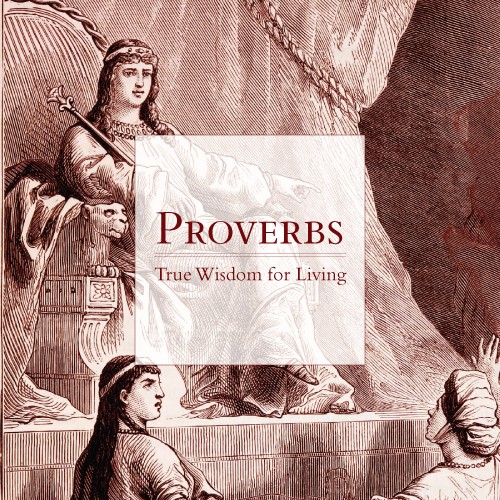
Sermon
The Mocking and the Spitting
Tim Keller | February 14, 2010
Overview
What did Jesus come into the world to do?
In the final chapters of Isaiah, a mysterious figure called the Servant of the Lord is prophesied. This figure is going to come into the world and bring God’s salvation. And the New Testament writers identify this prophesied Servant of the Lord as Jesus.
Isaiah 50 is the third of the Servant songs, and it 1) tells us about the life we ought to live, 2) shows us where to get the power to live that life, and then 3) explains why that power works.




